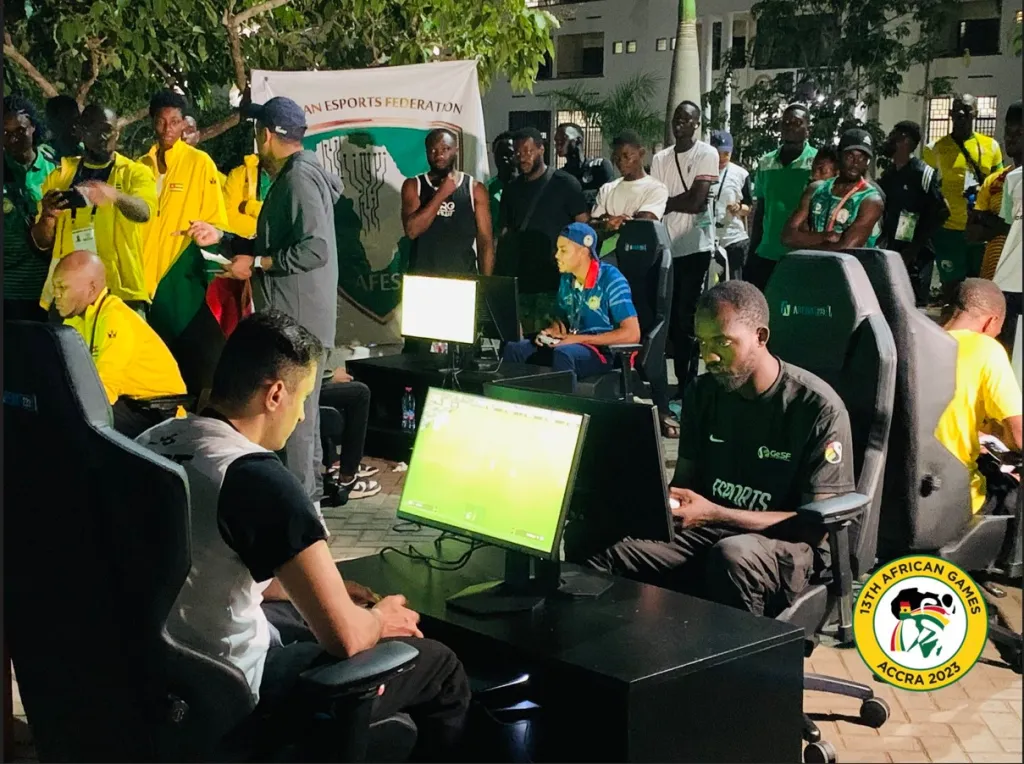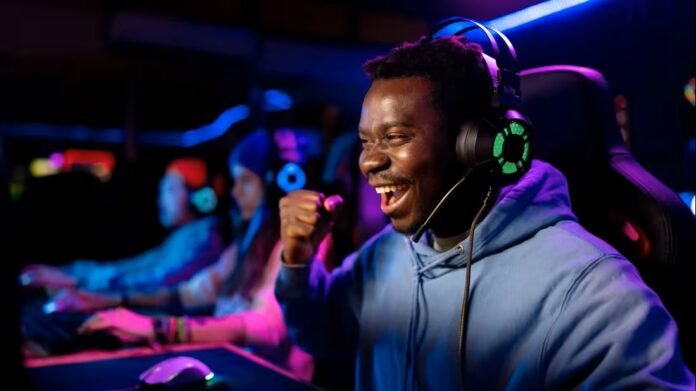Every night after work, Abigael Mbae Kadima turns her small Nairobi room into a digital battlefield. Headset on, phone in hand, she dives into the chaos of PUBG Mobile.
The 24-year-old accountant streams her matches live to more than 10,000 TikTok fans. With every headshot, her following grows — and so does her income.
“It started as a way to unwind, but now it’s something bigger. I have built a community, and sometimes I earn income on the platform,” she said during a Zoom chat.
Unknown to most of her viewers, Kadima plays on a brand-new PUBG Mobile server hosted by MTN Nigeria. It’s one sign of Africa’s gaming transformation — a mix of infrastructure, ambition, and innovation reshaping how the continent plays.
The Fast Rise of Africa’s Gaming Scene
Africa’s 350 million gamers, mostly mobile-first, are powering an e-sports industry now growing six times faster than the global average, according to a 2025 Stears Research study.
From localised servers to global tournaments, gaming here is becoming a profession. Telecom giants, grassroots organisers, and young creators are building careers that didn’t exist five years ago.
Douglas Ogeto, co-founder of Deep Vine Entertainment, is one of the game’s leading organisers. “Gaming is no longer just a hobby; there are real opportunities here,” he said.

His team is preparing #RoadToFrance, a Nairobi qualifier for EVO France — the world’s largest one-on-one fighting game championship. The August 24 event at Alliance Française will feature Tekken and Street Fighter, with separate male and female categories.
“We’ve already hit 30 sign-ups and are targeting at least 60. This year, there’s much more interest from women,” Ogeto said. Two years ago, only one or two women joined.
New Money, New Models
While prize pools remain central, new revenue streams are emerging. In Nigeria, Kenya, and South Africa, platforms like TikTok now integrate with local payment systems, allowing creators to monetise through streaming, coaching, and brand partnerships.
“It’s not just about attracting external investment. Young people are finding ways to generate revenue through content, even without institutional support,” Ogeto added.
Telcos like Orange, MTN, and Airtel are bundling gaming with data plans, and some are testing zero-rated content. PUBG Mobile’s MTN Nigeria server reportedly cut latency by up to 40%, making competitive play smoother.
Game distributors like QTech Games say demand for battle royale, casual, and hyper-casual titles is rising. “Africa isn’t just the next frontier for iGaming; it’s the present,” said Ekaterina Mayorova, the company’s EMEA head.
At the Enugu Gaming Conference in Nigeria, held July 30–31, officials unveiled a five-year roadmap for talent growth, funding, and regional integration. “The conversations are now about innovation, technology, cross-border collaborations, and structure,” said Arinze Arum of the Enugu State Gaming and Lotto Commission.
Still, access remains unequal. “The infrastructure is still heavily urban,” Ogeto warned. “We need decentralisation — through schools, community centres, even mobile platforms.”
Progress is happening. Tunisia’s first all-female game development studio, Sinister Scripts Studios, has launched a mentorship and funding programme for new creators.
“E-sports needs patient capital, yes… but what it really needs is belief — belief in the talent, in the infrastructure, and in the potential of African gamers to compete at the highest level,” Ogeto concluded.
Rate, Like 👍, Comment💬, share this article, Follow us on our social media handles, and Submit your own story to get featured and earn rewards!







